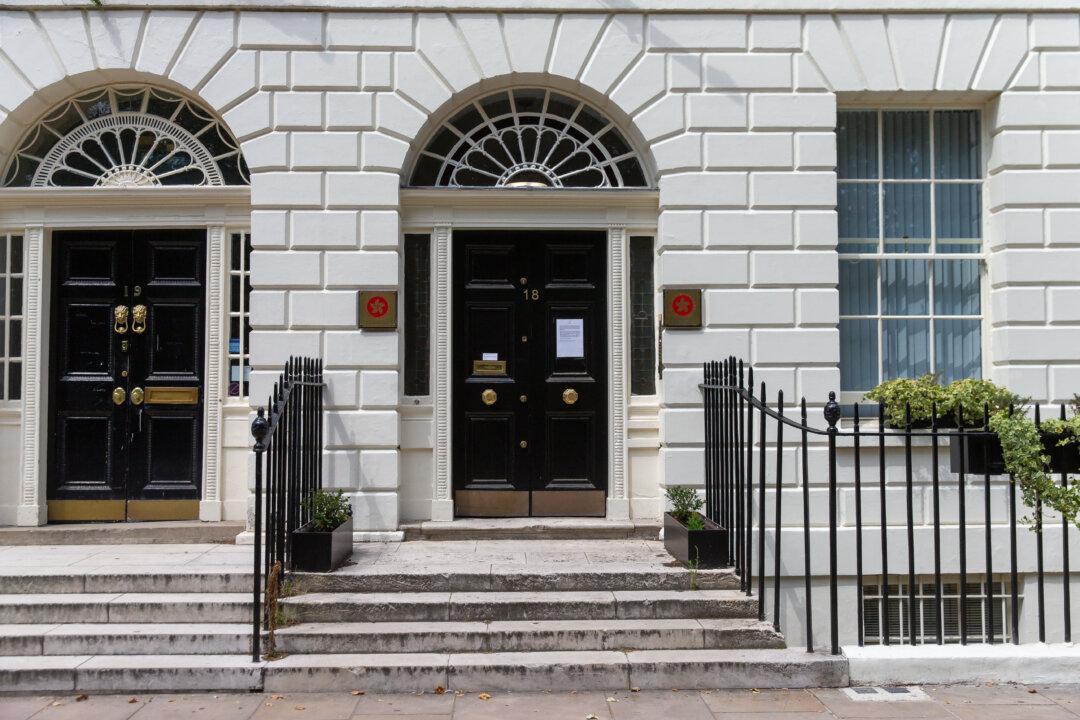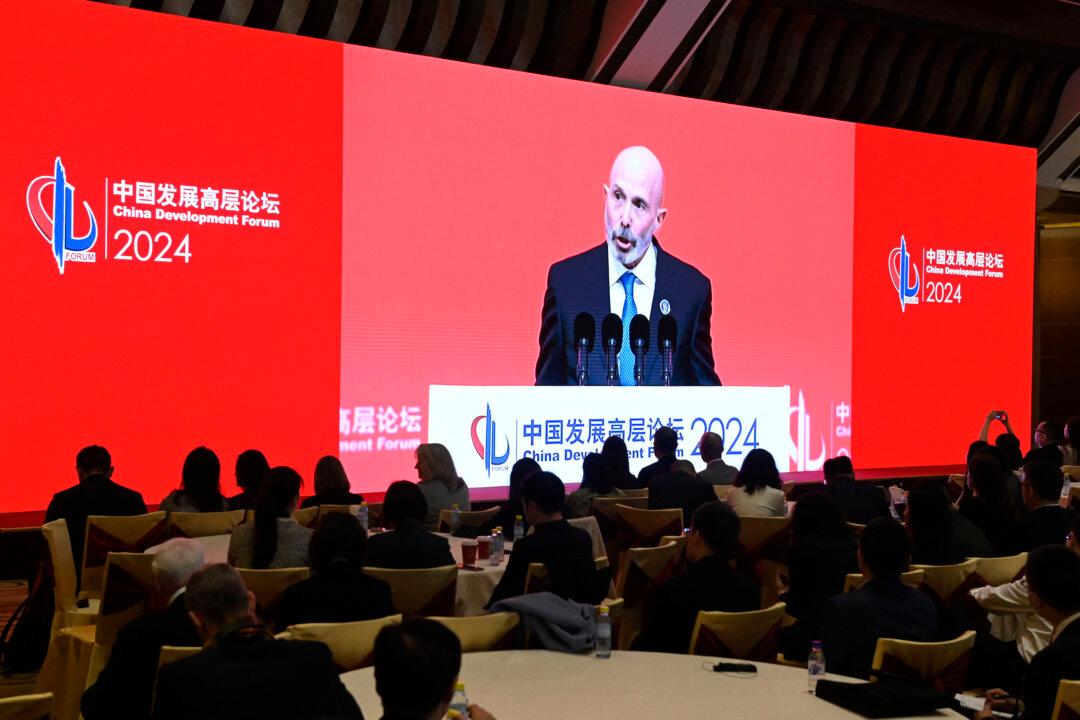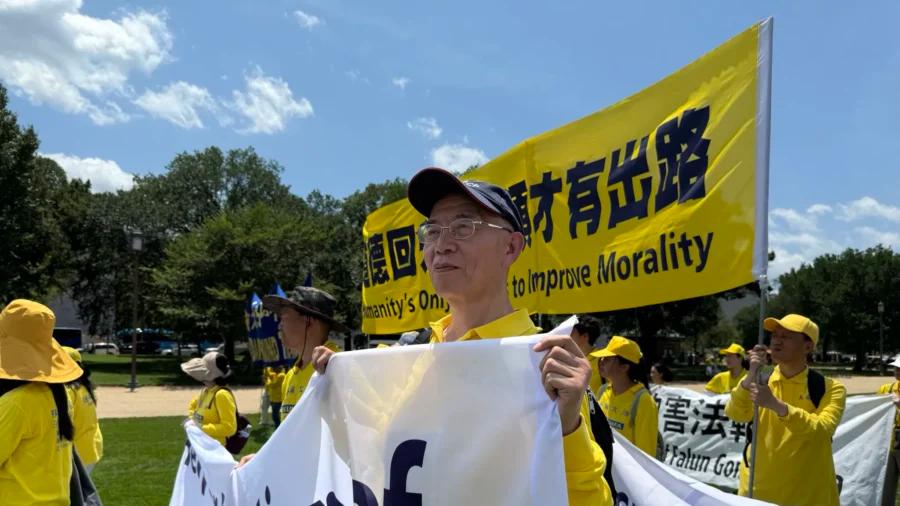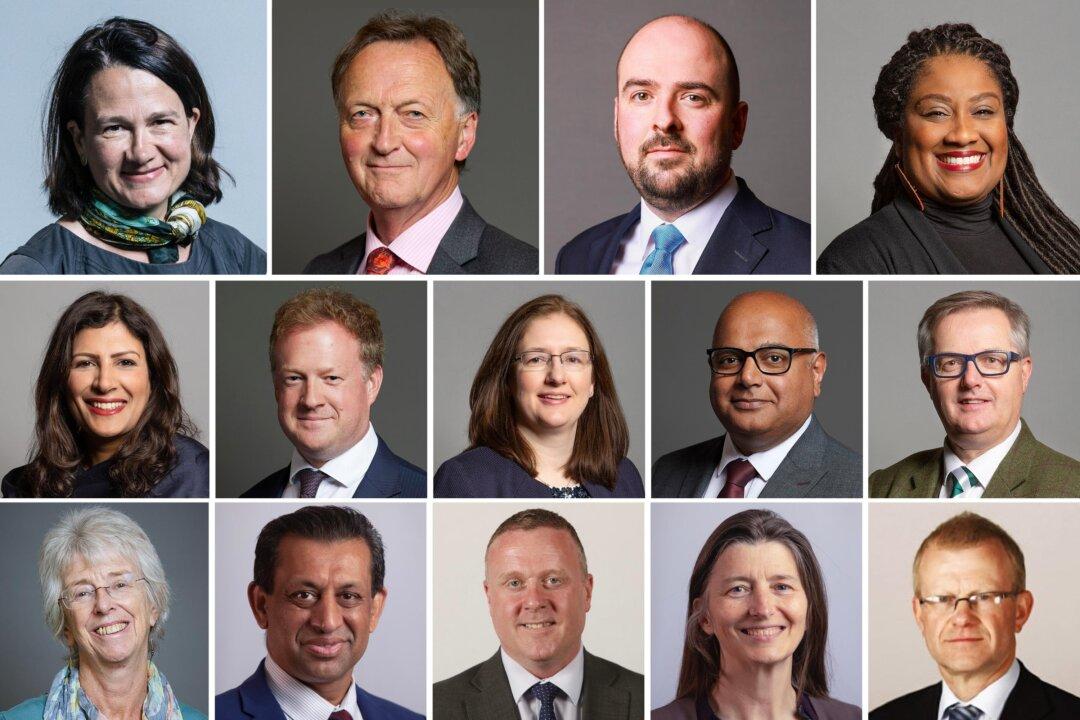UK rights activists are calling for the closure of Hong Kong trade offices following spy allegations involving a trade office manager in London. He was charged under the UK’s new National Security Act with assisting foreign intelligence services and foreign interference on May 13.
Hong Kong Watch, a non-governmental organization monitoring the conditions of human rights, freedoms, and the rule of law in Hong Kong, advocates that countries gradually cancel Hong Kong Economic and Trade Offices (HKETO), just like they cancelled another Beijing-funded program, Confucius Institutes.





